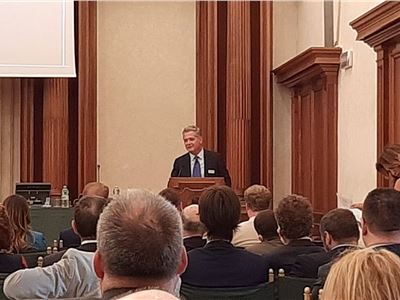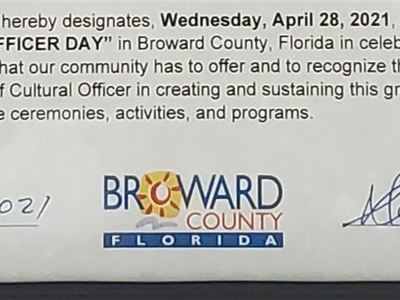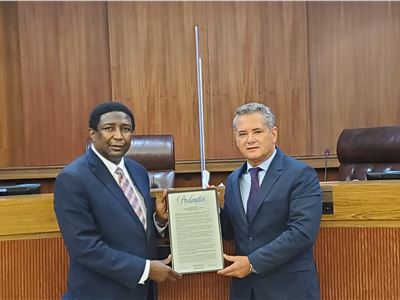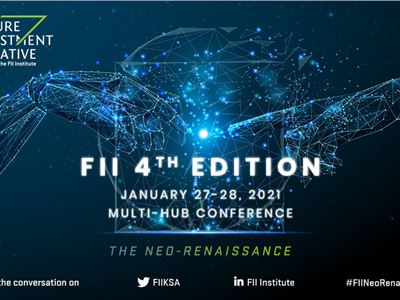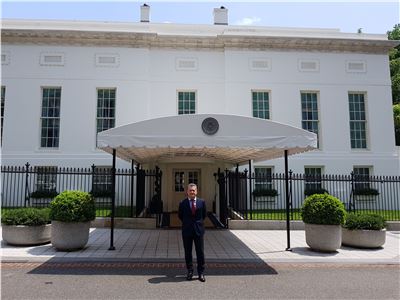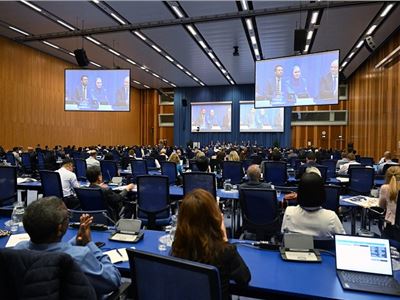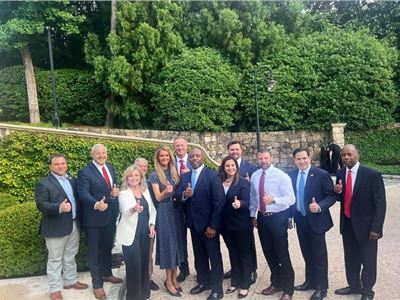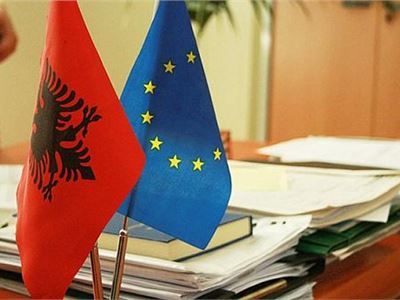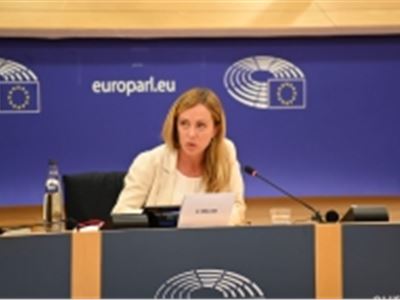- Program
9:00 AM to 9:15 AM: Registration
Coffee and Pastries will be served
9:15 AM to 9:30 AM: Welcome Remarks
Michael Heithaus, Executive Dean, FIU College of Arts, Sciences & Education
David Vogel, CEO and Chief Scientist, Voloridge Investment Management
Introducing the Graduate Certificate in Quantitative Environmental Finance
9:30 AM to 10:40 AM: The Threat to South Florida’s Urban Environment
Human intervention and climate change are impacting South Florida’s environment, threatening flooding and saltwater intrusion into the Biscayne Aquifer. Flooding is projected to become more extreme and frequent in the years ahead, as sea level and groundwater levels rise, and the region struggles to preserve its freshwater, septic systems, water management, and the crucial Everglades. Coastal saltwater intrusion can potentially affect infrastructure, including reinforced concrete, steel pipe, transmission, etc. This panel will showcase the latest updates on the state of the urban environment and what can be done to protect it.
Jayantha Obeysekera. FIU
Maria Donoso, FIU
Michael Sukop, FIU
Galen Treuer, Miami-Dade County, Climate Tech and Economic Innovation
Moderator: Todd Crowl, FIU
10:50 AM to 11:50 AM: The Future of Property Insurance
With the release of Risk Rating 2.0, the National Flood Insurance Program has made the first major step toward market reform since its inception. The flood zone maps have been replaced with individual premiums depending on unique factors, leaving millions of Floridians facing rising premiums along with rising seas. What lessons can be learned from the Hurricane Loss Model and similar statistically rigorous ways of assessing risk? Is financial innovation the path to sustainable property insurance in the age of climate change?
Pallab Mozumder, FIU
Jeff Czajkowski, NAIC
Shahid Hamid, FIU
Moderator: Mario Loyola, FIU
12:00 PM to 1:30 PM: Keynote Lunch: A Conversation with Philip K. Stoddard
1:45 PM to 3:00 PM: Innovative Financial Instruments and Climate Policy
Weighing the costs and benefits of environmental regulations requires a precise and reliable risk assessment as well as an assessment of the likely effectiveness of various policy options. Mathematical finance and quantified risk assessment can help policymakers, market participants, and the public at large put a “price” on climate risk and weigh the pros and cons of different policy options. One benefit is a more granular risk assessment. Another is more specific facts with which to shape the public discourse.
Luis Seco, University of Toronto
Enrique Villamor, FIU
Guillermo Franco, Guy Carpenter
Alexandre Moreira, International Financial Consulting Ltd.
Moderator: Kate Stein, Independent Consultant, Climate Strategy and Communication
3:00 PM to 3:45 PM: Special Presentation on the Florida Wildlife CorridorPresenter: Joshua Daskin, Director of Conservation, Archbold Biological Station
4:00 PM to 5:15 PM: How Artificial Intelligence and Data Analytics Can Improve Environmental and Social Governance
There is abundant evidence that climate change is a real and present danger. And yet considerable uncertainty remains as to the exact pace of climate change, sea level rise, and increasing severe weather, which hampers the development and implementation of credible and effective ESG and climate policies. With Artificial Intelligence (AI), scientists may be able to construct models that are much more predictive, precise, and actionable for policymakers. AI can help scientists draw on a vastly greater amount of data in constructing climate risk assessments. The ability to process the ocean of climate data in real-time in turn opens the door to sophisticated financial engineering capable of quantifying and “pricing” climate risks. This in turn could help make the most directly impacted governments and economic sectors more resilient, by helping financial markets internalize the risks of climate change.
Flavio Carrillo, FIU
Alik Sokolov, University of Toronto
David Kelly, University of Miami
Moderator: Mario Loyola, FIU
5:30 PM to 7:00 PM: Reception
Drinks and light appetizers will be served.
MARC Pavilion Terrace
Please register for the Climate Finance Forum here.
- Tags: Climate Finance Forum
- Categories: Business








